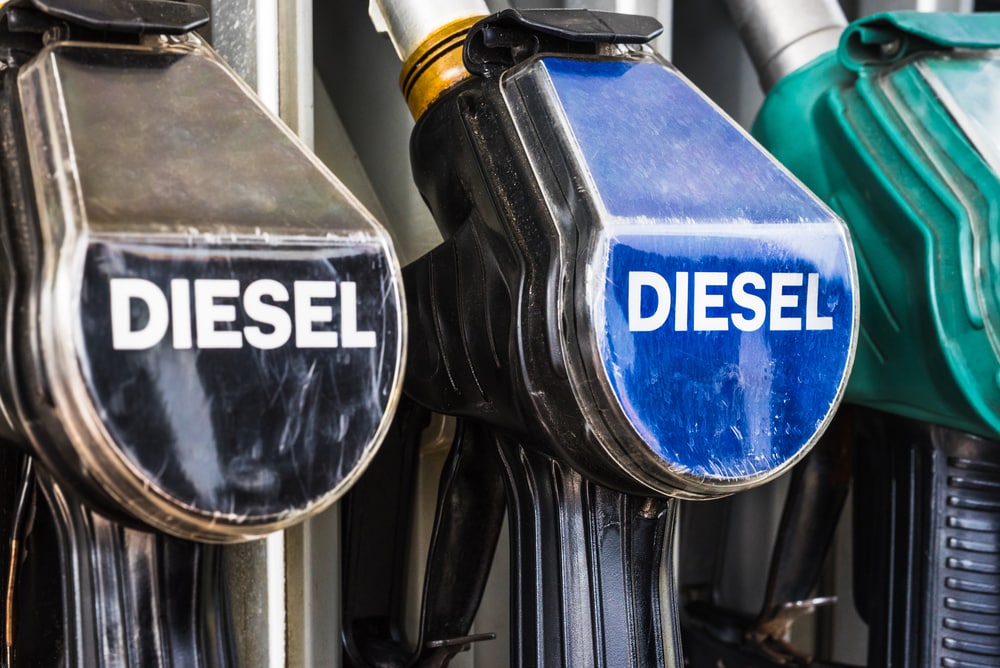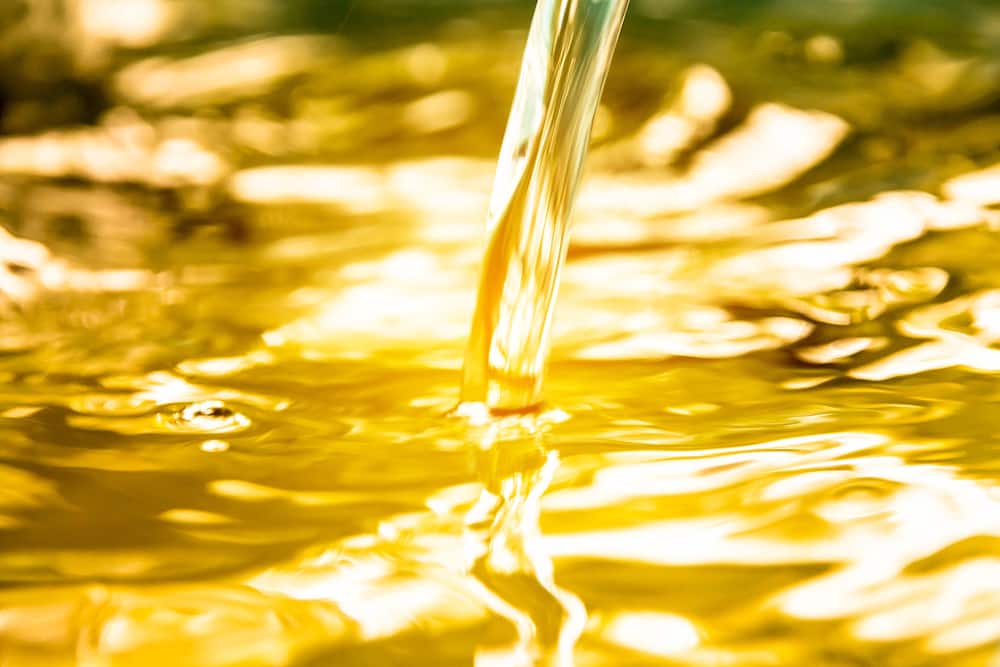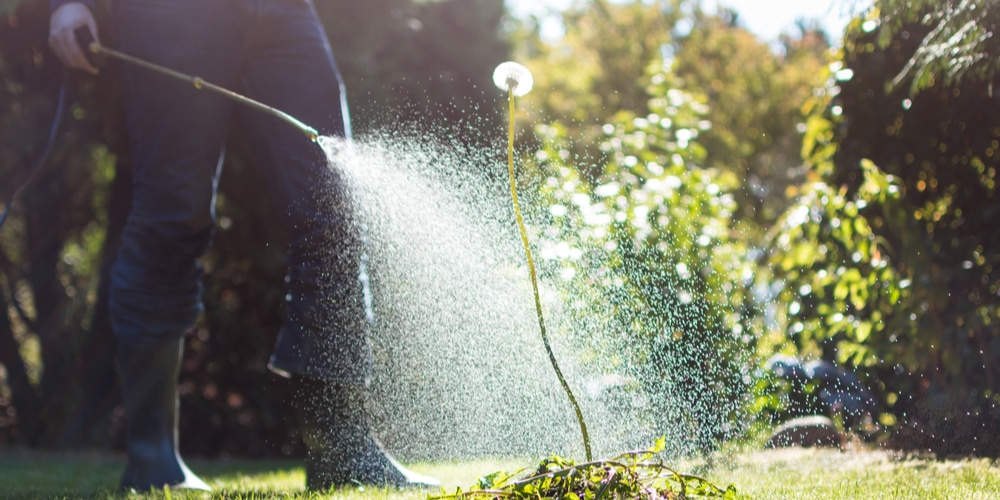If you have a lawn, you know how destructive (and annoying) weeds can be. And if you are trying to keep your garden tidy, you may be fed up with them. Sometimes, no matter how hard you try, you’ll still have to deal with them, making everything more frustrating and less enjoyable.
While we always recommend choosing organic products before trying synthetic fertilizers, we understand that sometimes, using herbicides might be the best solution. Still, they are not always efficient. Some people will try every method they can to remove these plants. But not all of them are “ideal.” If you have ever wondered: “will diesel kill weeds?” you should read this article.
Here, we collected everything you need to know about this method some people use to get rid of weeds!
Will Diesel Fuel Kill Weeds?
Diesel is a harmful and toxic substance that might help you kill weeds and unwanted grass. It usually takes about 48 hours to kill weeds, making it a fast solution.
However, it won’t kill the seeds of the weeds, making the solution a temporary one. So, as soon as the substance is “absorbed” by the soil, weeds will likely sprout back in your yard. And this means you’ll have to use diesel every year to remove weeds.
But besides that, using diesel is illegal in the United States and most other countries. Indeed, it can pollute drinking water. The law considers it “dumping of toxic materials” and will result in harsh fines and even jail time in some cases.
Spraying or pouring diesel on your garden can increase the risk of wildfires, intoxicate the wildlife, and severely damages the environment. Because of its high toxicity, this substance will kill other plants in your garden. Also, it will harm the insect population, which is essential to your plants’ healthy development.
So, select a suitable herbicide to kill weeds in your garden instead of pouring or spraying this substance.
However, if you are looking for a faster and cheaper alternative to most herbicides, you could consider getting diesel. Still, because of the several safety hazards that come with it (and since it is illegal), we recommend you choose another method. Plus, there is always the danger of killing other plants in your garden, making the matter even more frustrating.
Are There Alternatives For Weed Control?
Since using diesel might effectively kill weeds but is an illegal practice, you may benefit from getting familiar with some of the alternatives you should consider. The ideal method depends on your needs and what you need in a product.
Also, as we said before, you may have to try a couple of products before finding one that works for your garden: but don’t lose patience! Additionally, you may have to use several methods to remove all weeds from your garden.
Herbicides
If you need to remove all the plants that grow in an area, you will be better off choosing a non-selective herbicide. These kinds of products attack all weeds and infiltrate through the leaves to the plant, effectively killing them.
While you may have to reapply the herbicides for higher coverage, you can expect most weeds to be dead within one or two weeks after application. Also, most products will prevent the emergence of new weeds for at least one year, which may come in handy if you struggle with the presence of unwanted plants in your garden.
Alternatively, you could purchase a selective herbicide, which will kill weeds without harming the grass or plants you care about. Remember to follow the instructions you find on the product label to avoid damaging your garden. Also, pick a suitable product for your needs that will only kill what you want to remove.
Organic Products
Some organic products will effectively remove weeds from your garden without harming the environment. The best options are citrus-based and work as non-selective killers. However, they might take longer to eliminate weeds than synthetic herbicides. But if you are not in a rush, using organic products is ideal.
Hand Weeding
Depending on the severity of the weed infestation, you might realize that hand-pulling the unwanted plants might be more effective than pouring products on them.
The process won’t harm other plants or your garden’s ecosystem, making it the most sustainable method. Still, it is a time-consuming solution that will only work if the area is small and the weeds aren’t too many.
Related Article: Fertilizer With Iron


